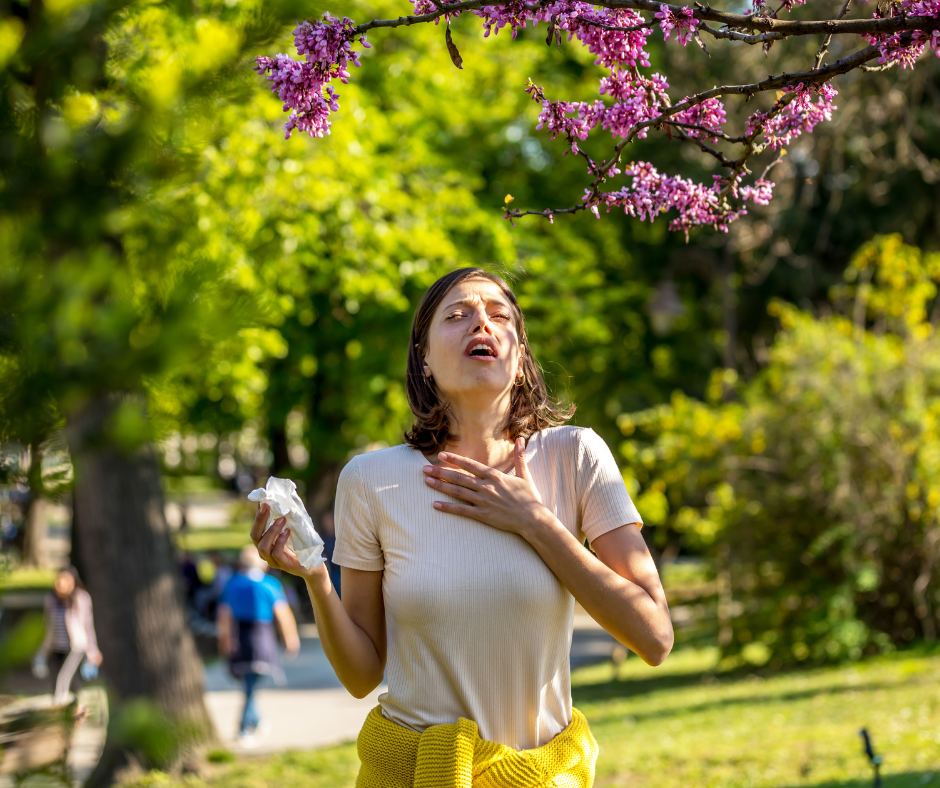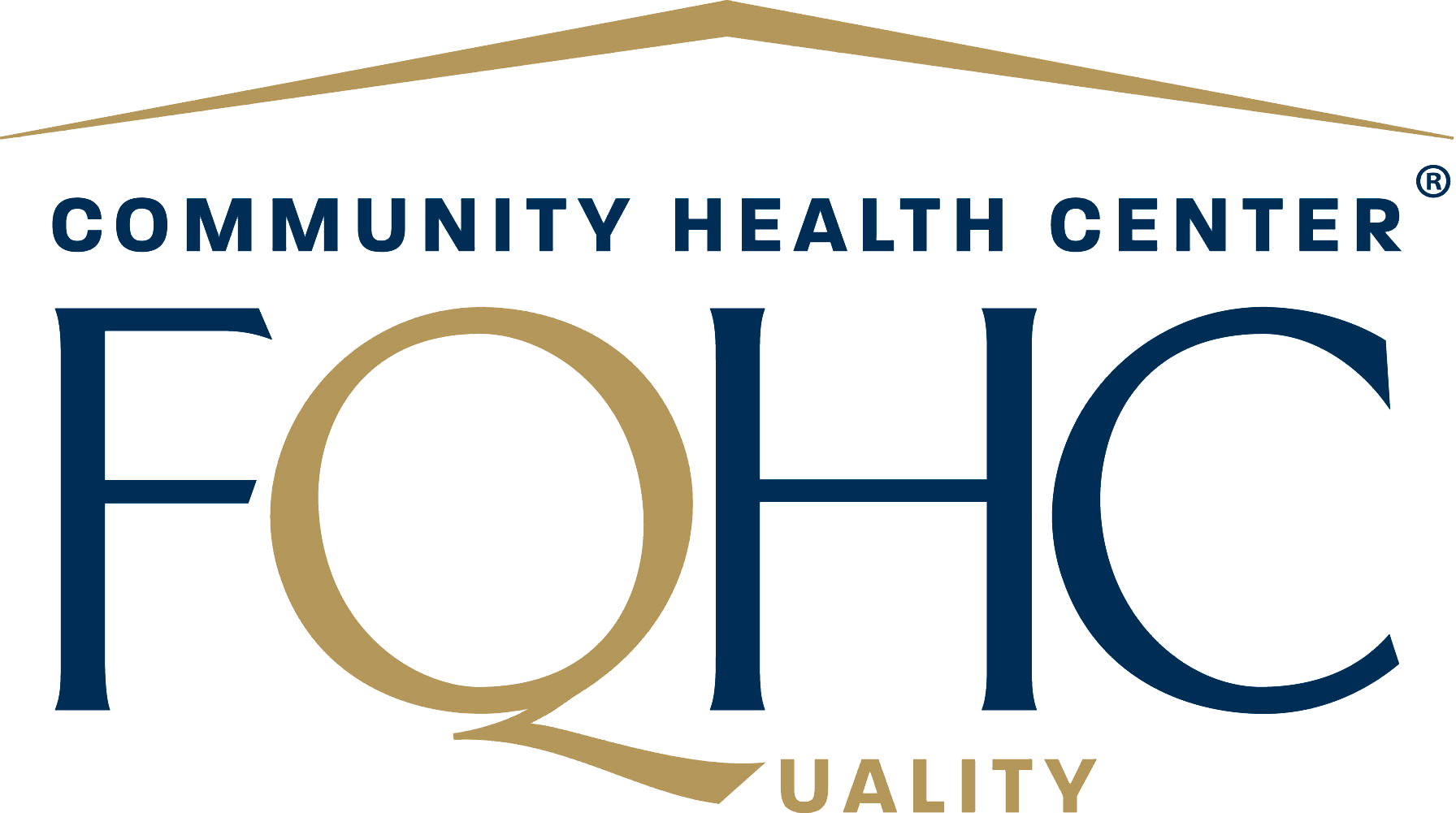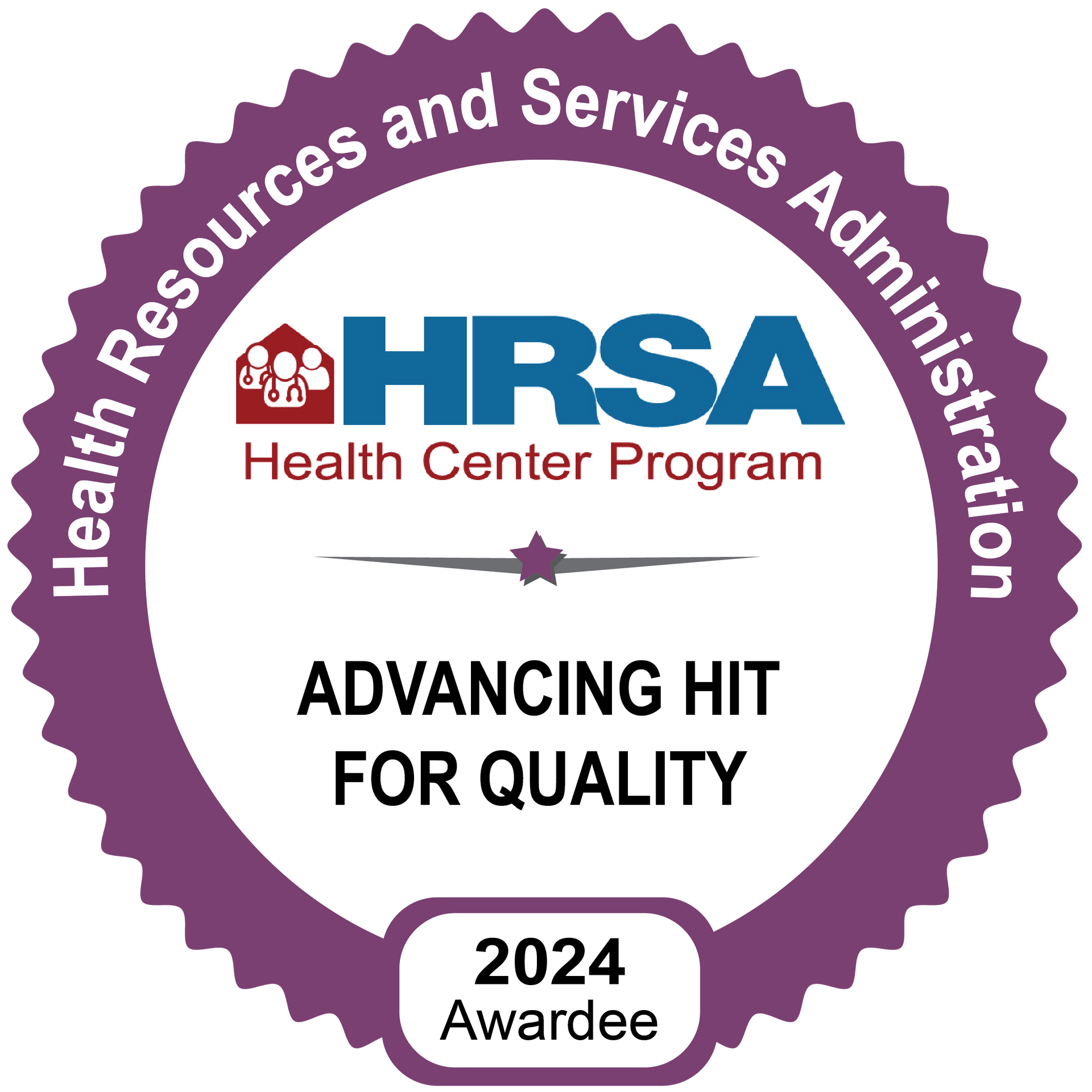RX Pad Blog
Summer Allergies: Understanding, Managing, and Thriving Through the Sneezes

When we think of summer, we often envision sunny skies, beach days, barbecues, and long hikes. But for millions of people, summer also brings along a less welcome guest—seasonal allergies. If your summer dreams are frequently interrupted by sneezing fits, itchy eyes, or a runny nose, you’re not alone. Summer allergies can be just as intense as springtime ones, and understanding their triggers and management strategies can make all the difference in enjoying the season.
What Causes Summer Allergies?
Summer allergies are mainly triggered by airborne allergens that flourish in warm weather. The most common culprits include:
- Pollen: While tree pollen is typically a springtime concern, grasses and weeds are the major pollen producers in summer. Common grasses like Bermuda, Timothy, and Kentucky bluegrass release fine pollen particles into the air that can trigger hay fever (allergic rhinitis).
- Mold Spores: Mold thrives in warm, humid conditions—perfectly matching summer’s climate in many areas. Mold spores can be found outdoors in soil, compost piles, and decaying leaves, and they can also build up indoors in damp areas like bathrooms and basements.
- Insect Stings: Allergic reactions to insect stings, especially from bees, wasps, hornets, and fire ants, can also peak in the summer months when outdoor activity increases. Reactions can range from mild swelling to severe, life-threatening anaphylaxis.
- Air Pollution: Smog, ozone, and other airborne irritants can worsen allergy symptoms during the hotter months. These pollutants can irritate the respiratory system, particularly in people who have asthma or other respiratory issues.
Recognizing the Symptoms
Summer allergy symptoms often mimic those of a common cold, but unlike a virus, allergy symptoms persist as long as you’re exposed to the allergen. Common symptoms include:
- Sneezing
- Runny or stuffy nose
- Itchy, watery eyes
- Postnasal drip
- Coughing
- Fatigue
- Wheezing or shortness of breath (especially for asthma sufferers)
In some cases, people may experience allergic conjunctivitis (eye allergies) or exacerbated eczema due to allergens in the environment.
Managing Summer Allergies
The good news is that summer allergies can be managed effectively with a combination of preventive measures, medications, and lifestyle adjustments.
- Limit Exposure:
- Stay indoors during peak pollen times, usually early morning and late afternoon.
- Use air conditioning in your home and car instead of opening windows.
- Shower and change clothes after spending time outdoors to remove pollen from your skin and hair.
- Dry laundry indoors rather than outside to prevent pollen from clinging to your clothes.
- Monitor Pollen Counts:
- Check local pollen forecasts through weather apps or websites. On days with high pollen counts, try to minimize outdoor activities.
- Use Over-the-Counter Medications:
- Antihistamines like loratadine (Claritin), cetirizine (Zyrtec), and fexofenadine (Allegra) can relieve sneezing and itching.
- Nasal corticosteroids such as fluticasone (Flonase) reduce nasal inflammation.
- Decongestants may be used short-term to relieve nasal congestion, but they should be used sparingly due to potential rebound effects.
- Try Natural Remedies:
Some people find relief using natural methods like: - Saline nasal rinses to clear allergens from nasal passages
- Local honey, which is thought to help some people build immunity to local pollen (though scientific support is limited)
- HEPA filters in your home to reduce airborne allergens
- Consult an Allergist
- If over-the-counter medications aren’t effective or your symptoms are severe, a visit to an allergist can help. Allergy testing can pinpoint your specific triggers, and immunotherapy (allergy shots or sublingual tablets) may be recommended for long-term relief.
Keeping Outdoor Fun Allergy-Free
You don’t have to give up your favorite summer activities because of allergies. Here are some extra tips for enjoying the outdoors while minimizing symptoms:
- Choose your timing wisely: Plan outdoor activities when pollen levels are lower, such as after rain or in the evening.
- Wear sunglasses and a hat to shield your eyes and face from pollen.
- Keep pets clean: Pollen can cling to your furry friends, so wipe them down after outdoor play.
- Hydrate and eat well: Staying hydrated and maintaining a healthy diet rich in antioxidants may help reduce inflammation and boost your immune system.
Final Thoughts
While summer allergies can be frustrating, they don’t have to take over your season. With a combination of awareness, proactive habits, and proper treatment, you can manage your symptoms and still soak up all the sunshine and fun that summer has to offer. Whether you're planning a beach vacation, a camping trip, or just a backyard barbecue, don’t let allergies be the uninvited guest at your summer party.
So grab your antihistamines, put on those sunglasses, and get ready to enjoy a sneeze-free summer—or at least as close to it as possible!











